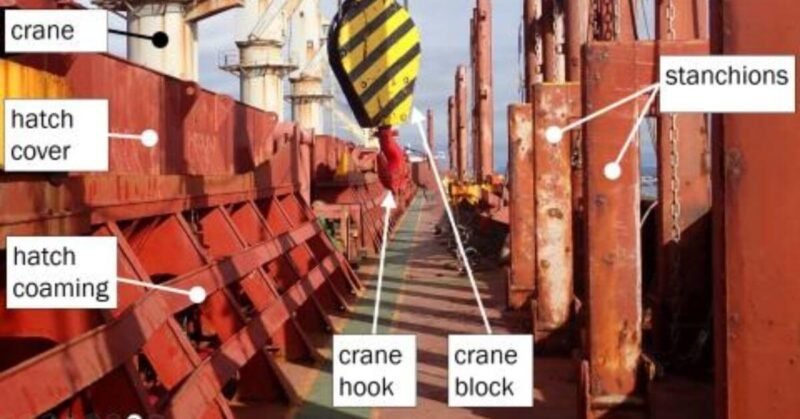Accidents occur due to lack of communication, as evidenced by an incident involving a safety-critical team leader on the bulk carrier Poavosa Brave. The leader, known as the bosun, undertook unauthorized work without informing responsible officers, compromising the safety of planned activities. The incident occurred when a crane on board the vessel struck an able seaman, resulting in serious injuries and hospitalization.
The root cause of the accident was the failure of personnel to communicate effectively. While the ship’s master had instructed the bosun not to use the cranes due to unsuitable weather conditions, the bosun decided to proceed with crane operations without seeking authorization. This deviation from the master’s plan led to a chain of events that culminated in the accident.
The incident underscores the importance of clear communication and adherence to established protocols. Responsible officers must be informed of any deviations from the plan to ensure the safety of all crew members. By speaking up and raising concerns, crew members can prevent dangerous situations and avoid accidents. Ultimately, safety in maritime operations relies on effective communication and respect for the chain of command.




